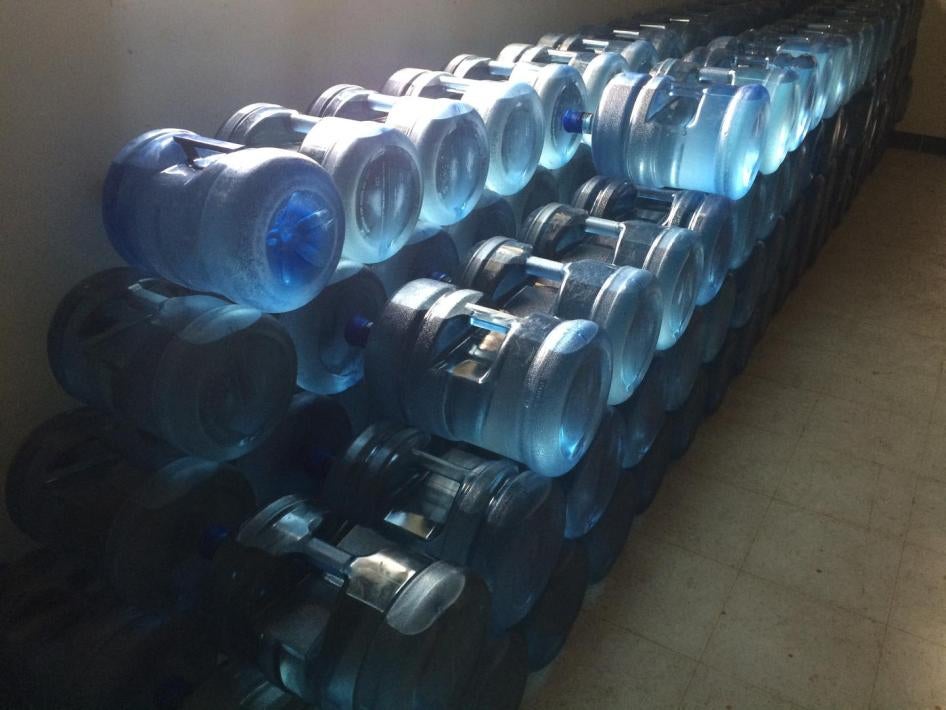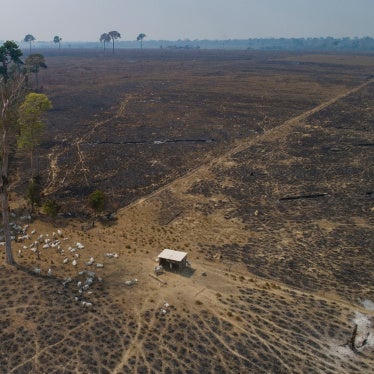In 2005, a Canadian government report concluded that First Nations people living on reserves did not have the same access to safe water as other Canadians. More than a decade later – and while more than one hundred reserves across Canada have advisories from the government indicating drinking water in their community is at high risk of contamination – it’s obvious the problem has not diminished.
These water advisories, sometimes decades old, are indicative of a systemic problem with drinking water and waste-water systems across the country. The Canadian government has recognized the problem, but has been slow to find a solution. During his campaign, then candidate and now Prime Minister Justin Trudeau promised an end to drinking water advisories in First Nations communities within five years.
Two weeks ago, First Nations women from communities across Ontario went to the United Nations in Geneva to tell the story of poor water conditions in their communities. These women detailed not only the added burden of worrying constantly that contaminated water would make their families sick, but the ways their spiritual relationship to water, as indigenous women, is altered when water is too filthy to consume.
Yesterday, the UN Committee on Economic, Social and Cultural Rights released its review of Canada’s compliance with its obligations and raised concerns about “restricted access to safe drinking water and to sanitation by the First Nations as well as the lack of water regulations for the First Nations living on reserves.”
At the UN review, Canada’s government made a commitment to bringing the level water and wastewater service on reserves up to the quality similar to communities off reserves. The committee’s statement today reminds the government of this commitment – but asks that it go further to ensure the active participation of First Nations and to bear in mind of the cultural significance of water.
It’s important for Prime Minister Trudeau and his government to take heed. This isn’t just a campaign promise but a human rights obligation.









